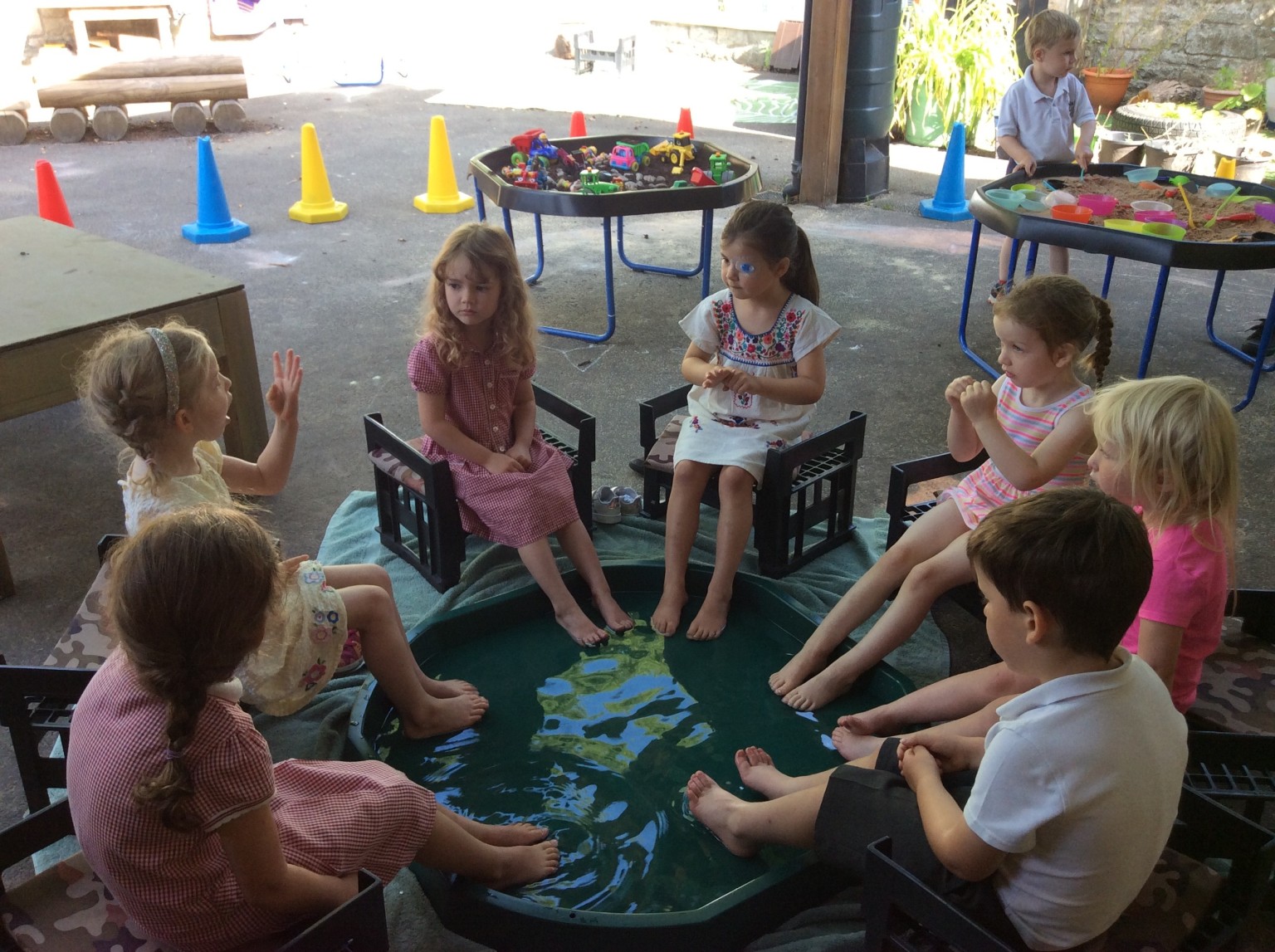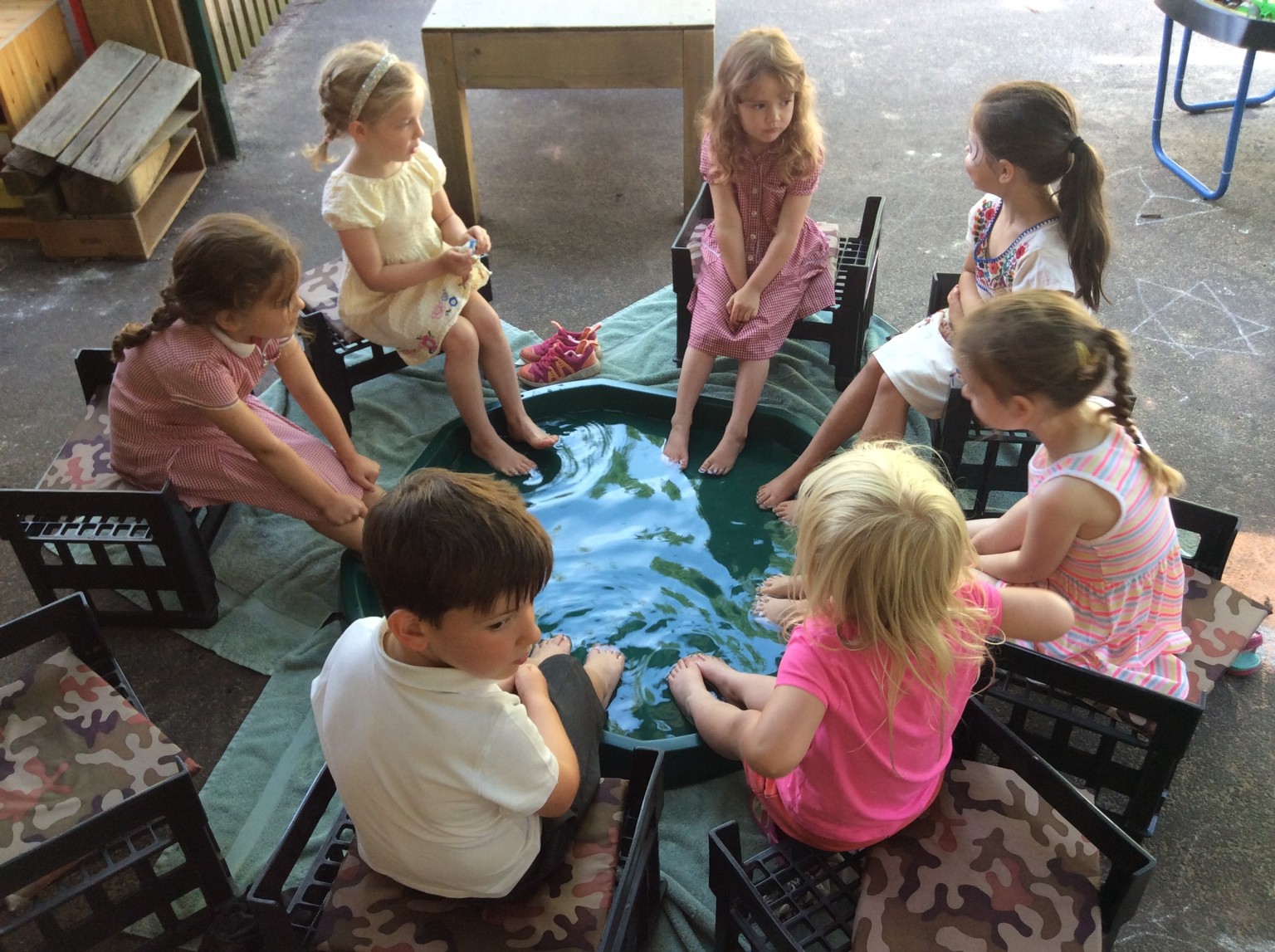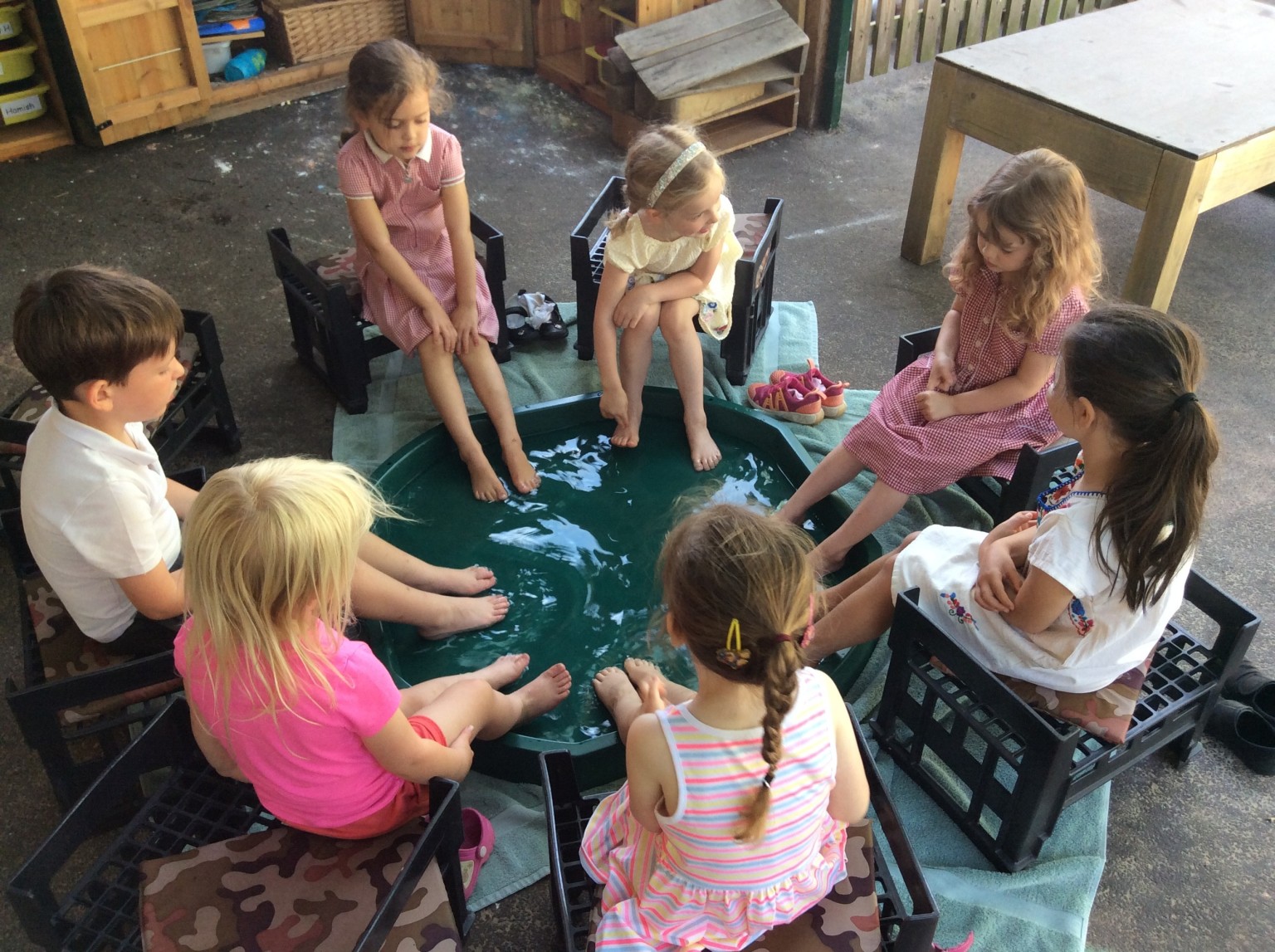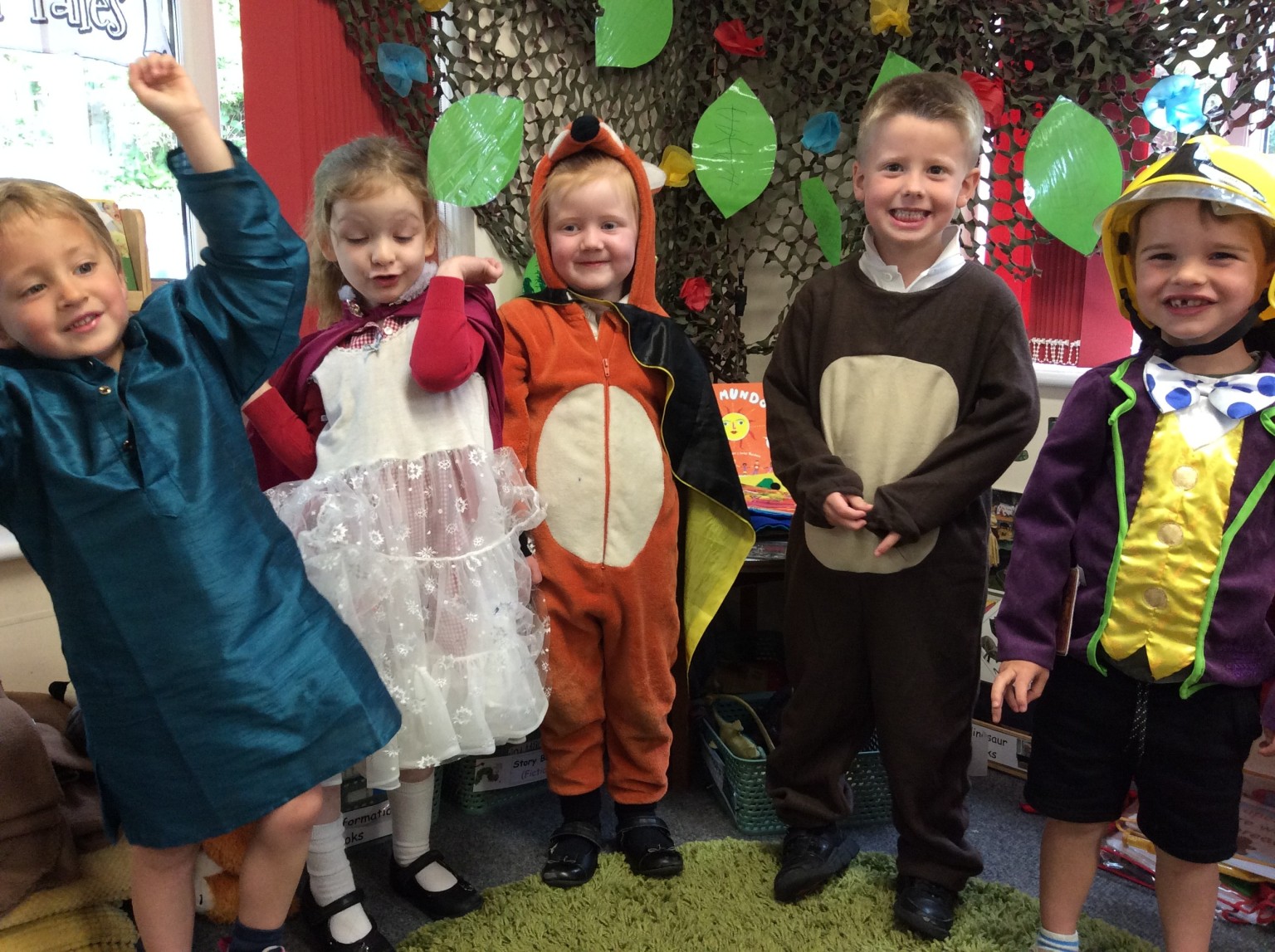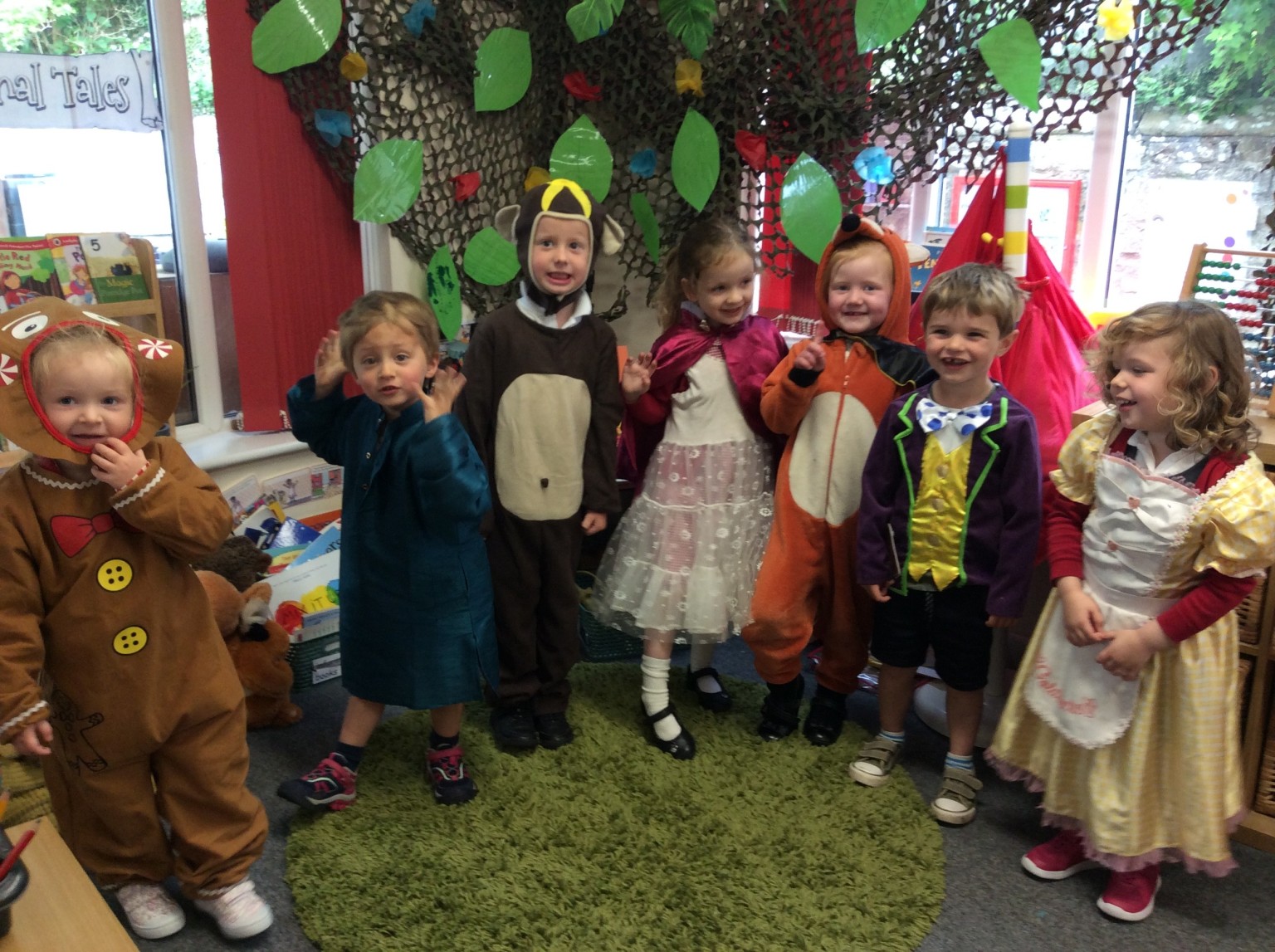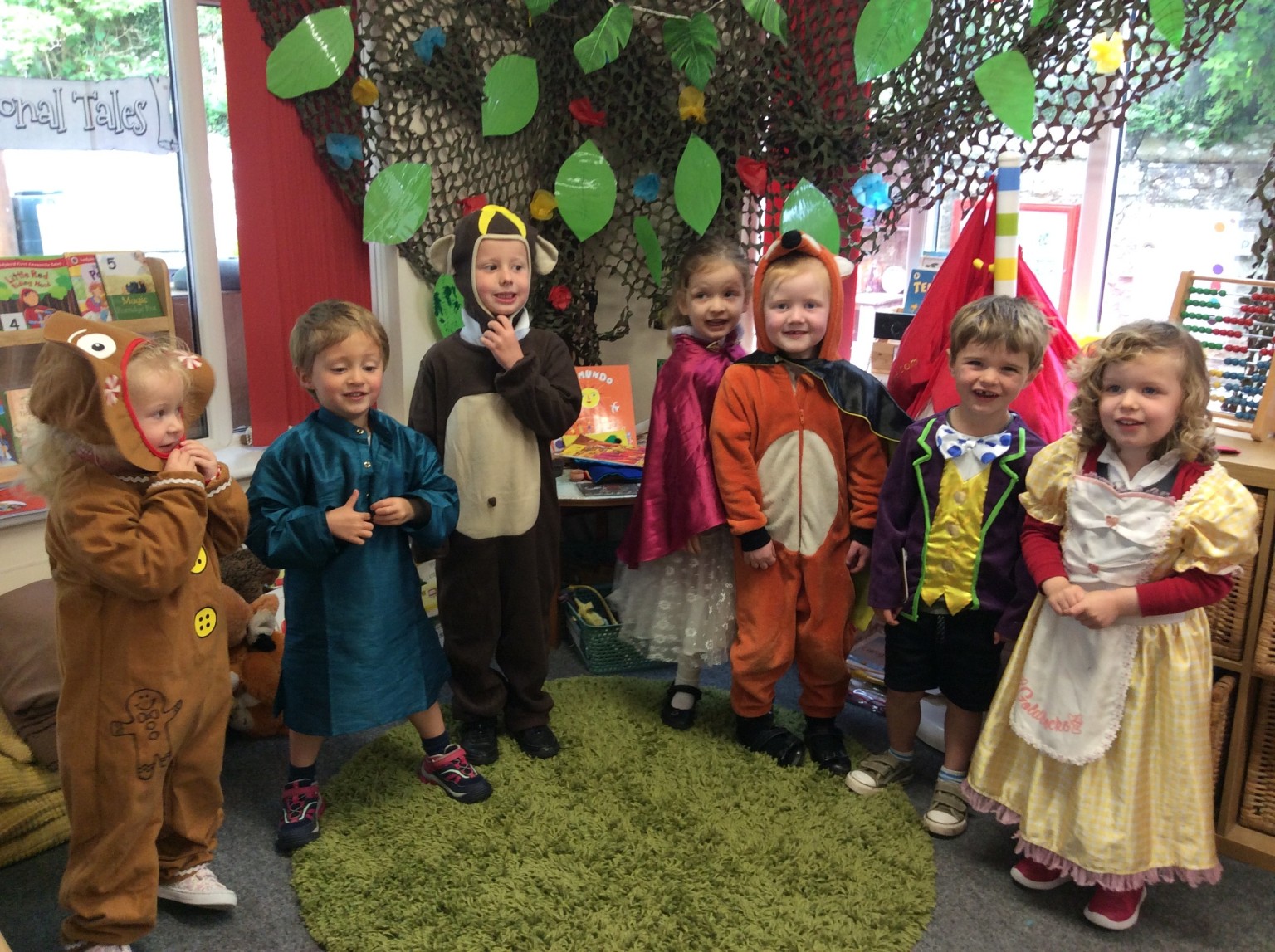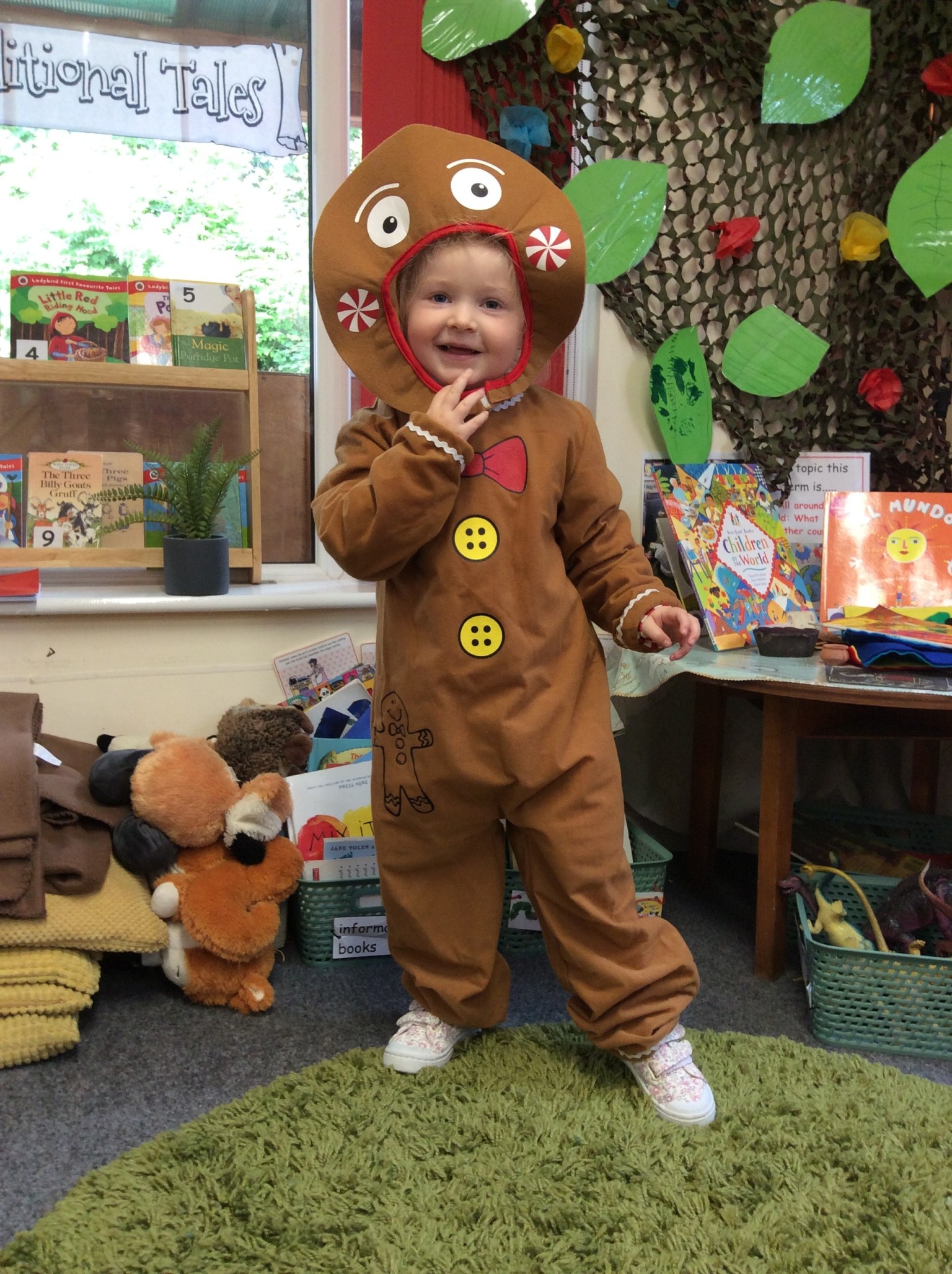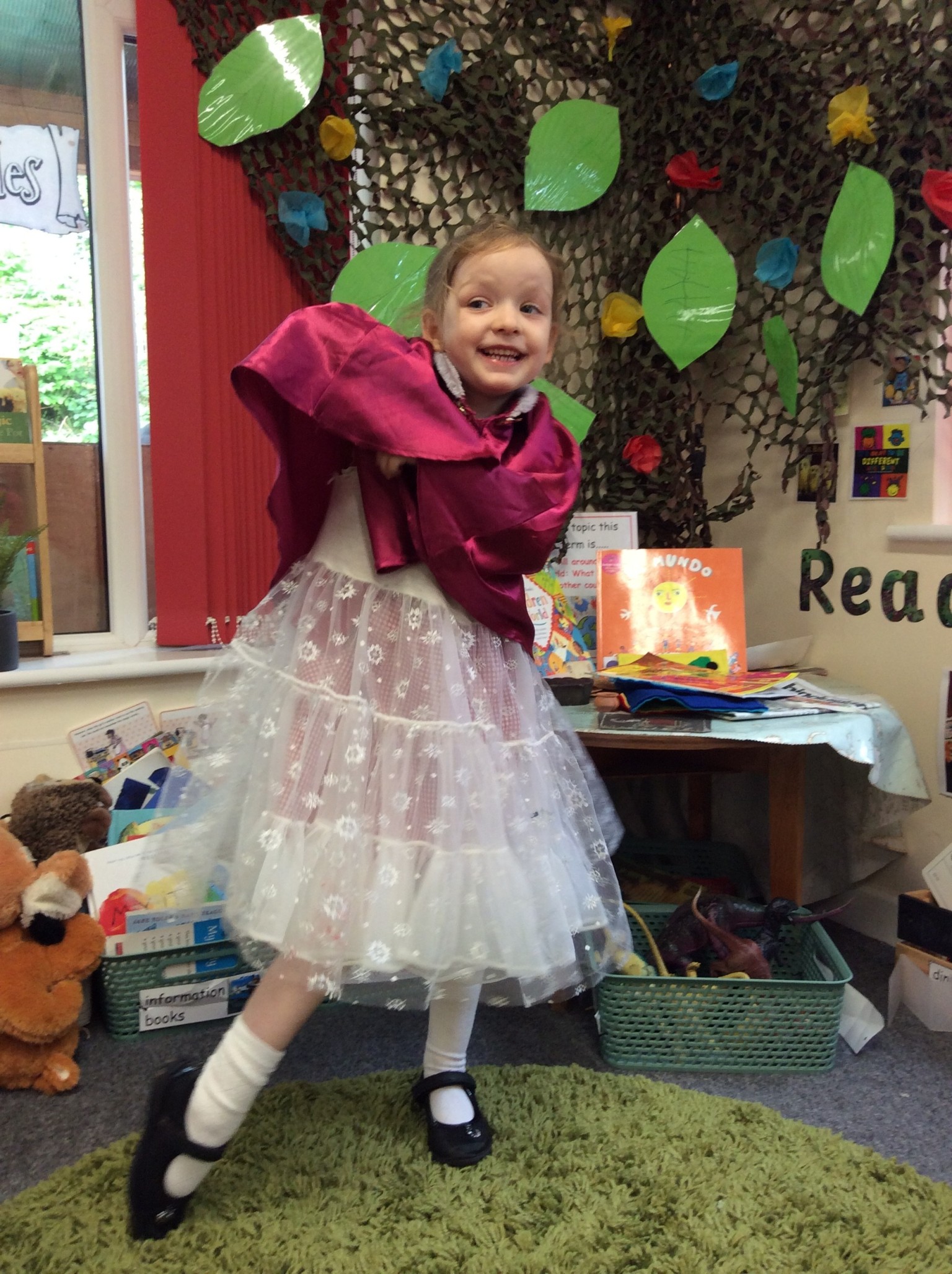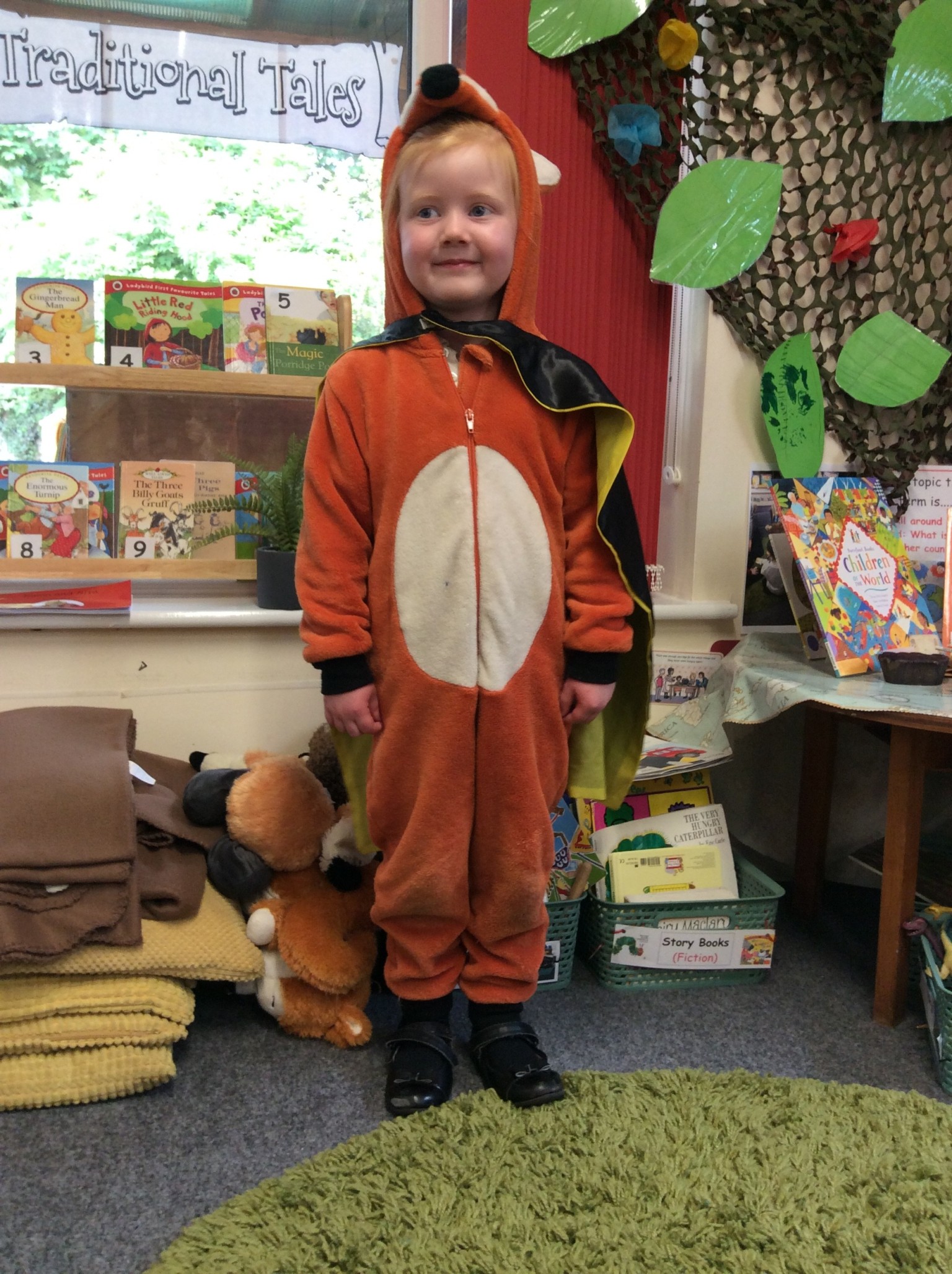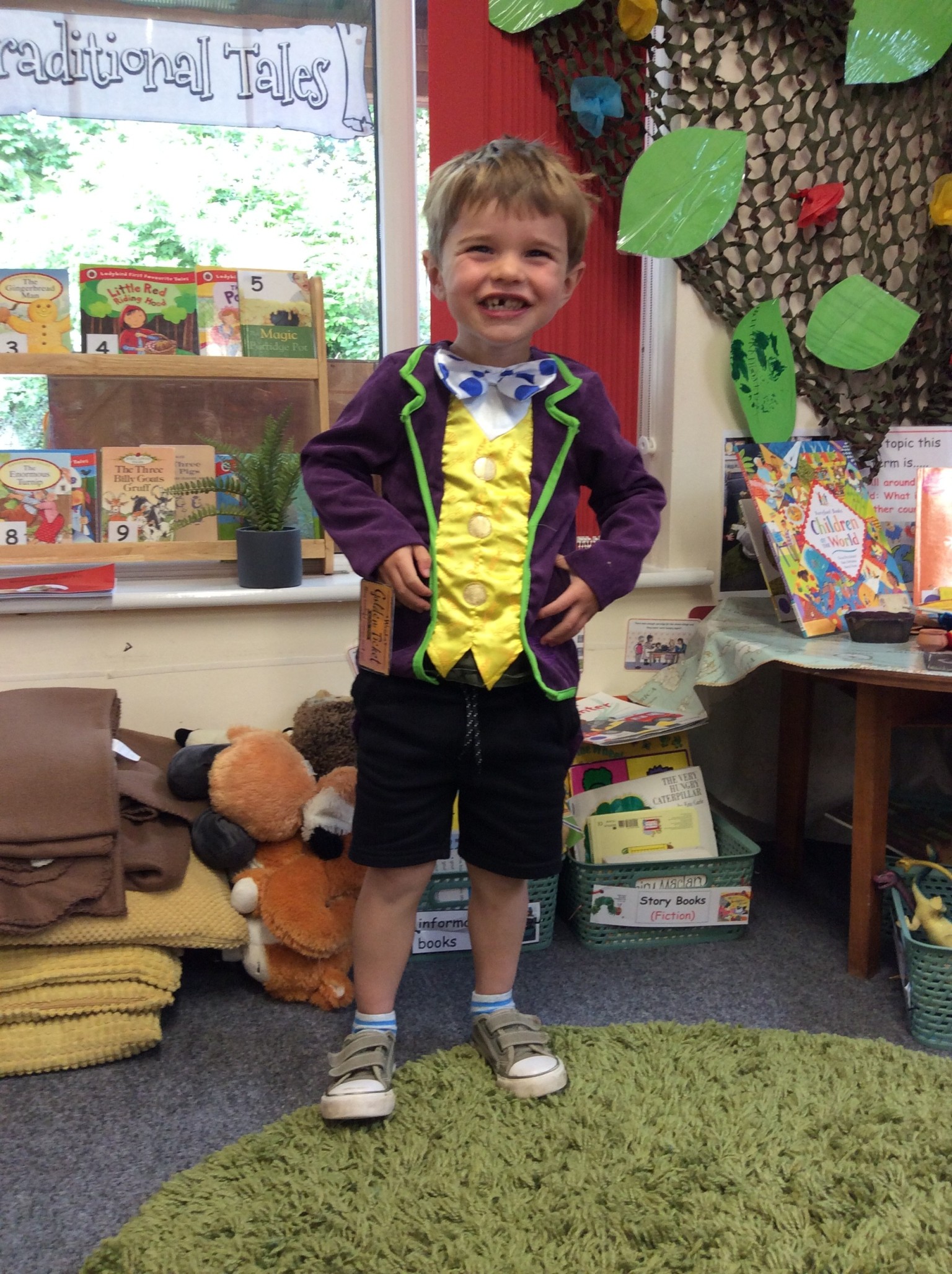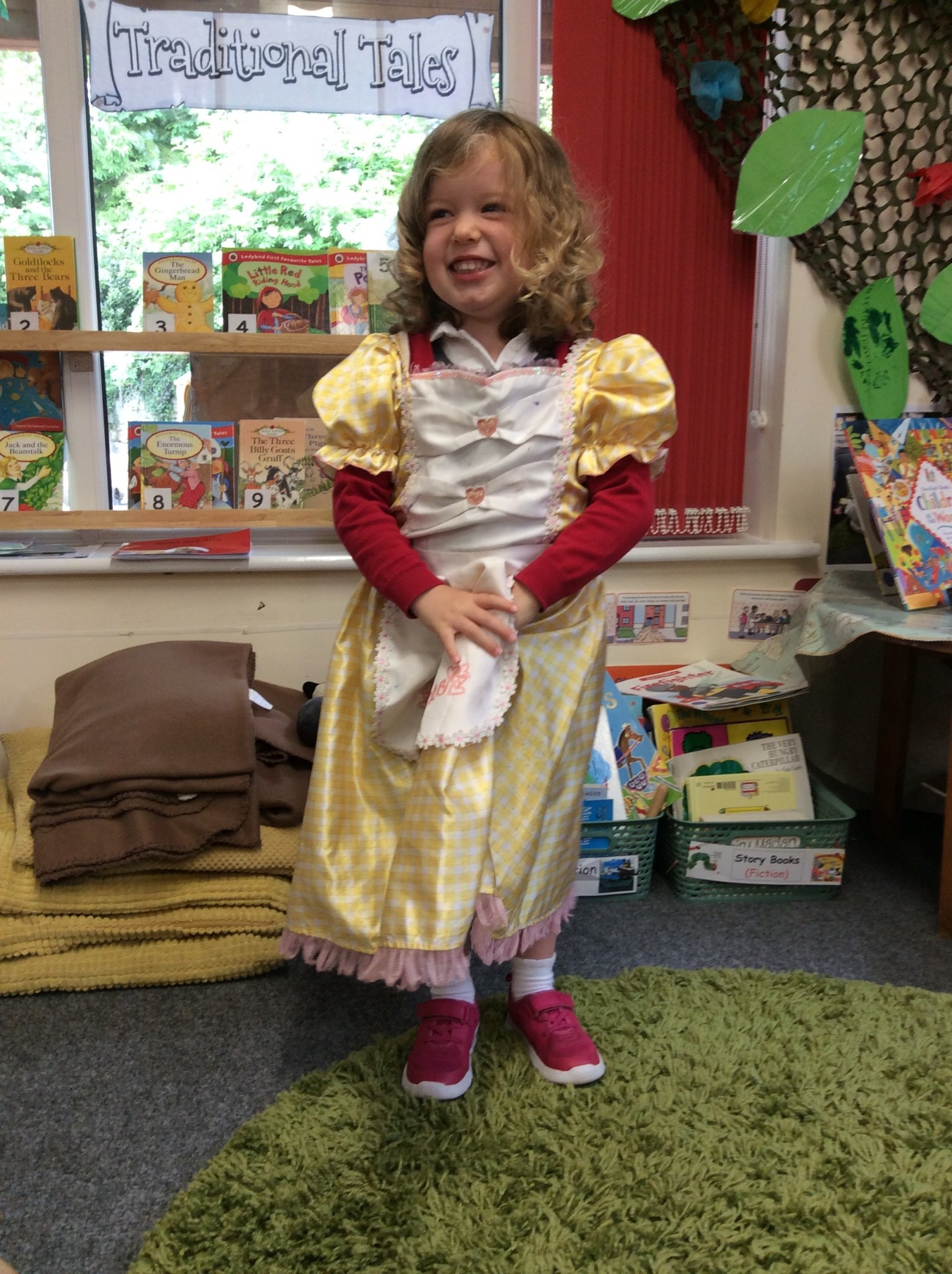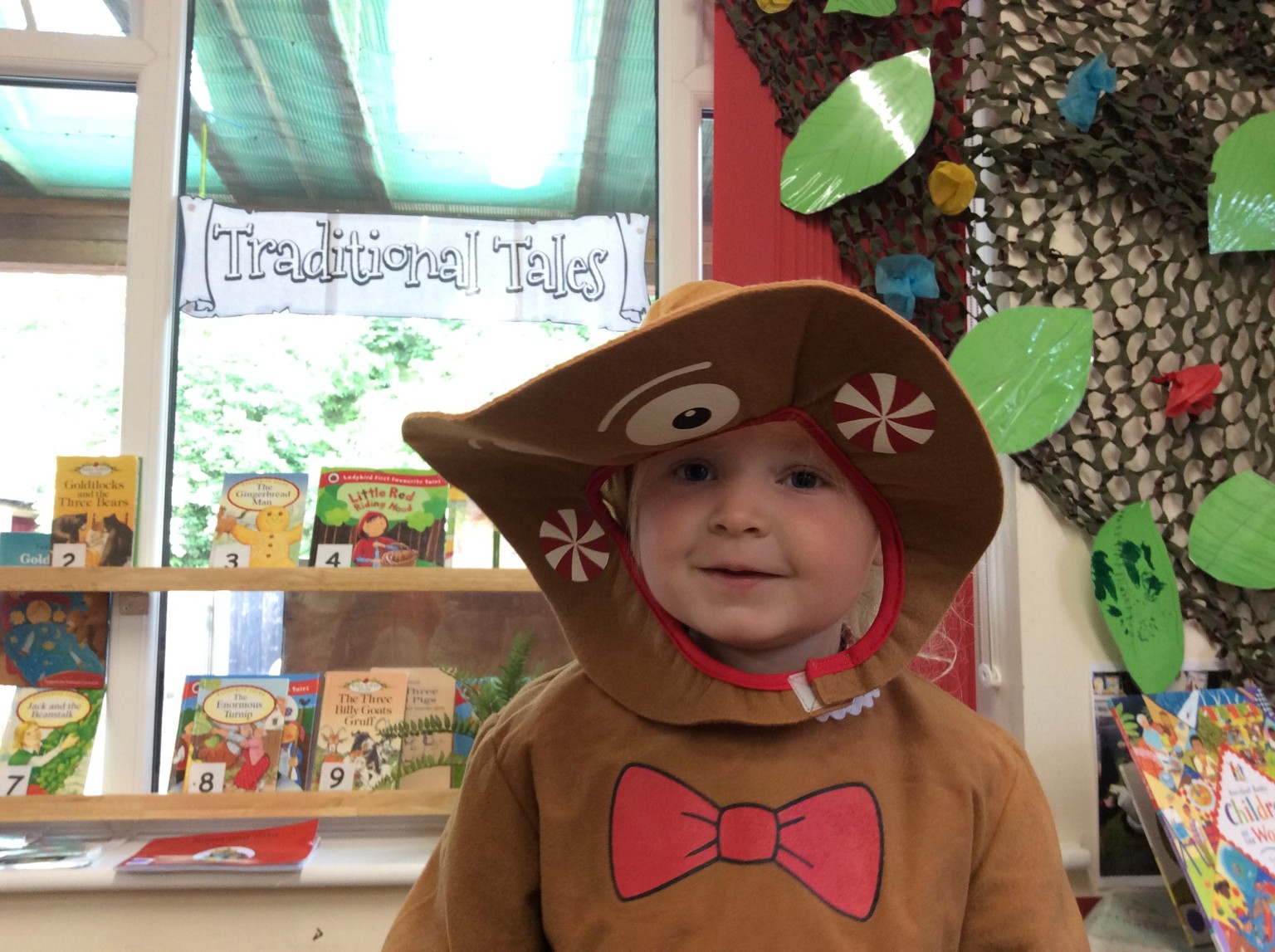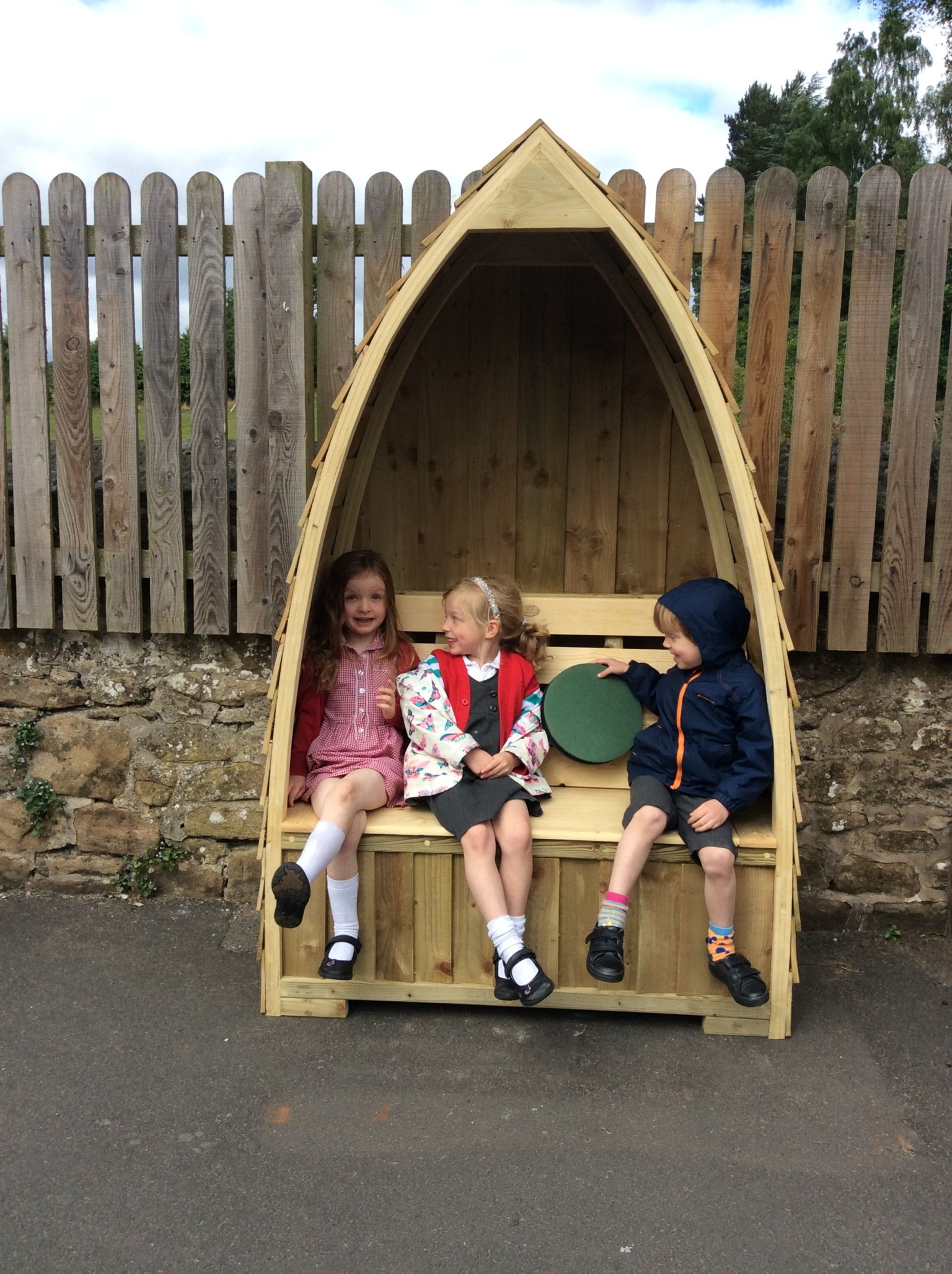Humshaugh First School has an excellent EYFS Unit, which include provision for 2,3,4 and 5 year olds.
Our aim is to provide a stimulating and secure introduction to school life and allow for a smooth and seamless transition when children are at statutory school age.
Early Learning goals set out what most children are expected to achieve by the end of the Foundation Stage. The goals are organised into the following areas of learning:-
-
communication and language
-
personal, social and emotion development
-
physical development
- literacy development
-
mathematical development
-
knowledge of the world
-
expressive arts and design
Through the Early Years curriculum, children are encouraged to develop active, enquiring minds, together with skills such as observing, questioning, experimenting, recording and concentrating. We also emphasise the development of communication and social skills in order to promote an easy integration into school life.
When children come into the EYFS Unit, they have already learnt a great deal.
We aim to extend this learning according to the individual needs of the child, in an environment which is secure and stimulating and where each child feels valued. Close links are fostered with parents who are encouraged to liaise closely with school in order to ensure the best outcomes for their child.
Key Skills
Within the curriculum areas taught at school, we encourage the development of key skills in six areas:-
-
communication - this includes skills in speaking, listening, reading and writing, and the ability to respond appropriately to other people.
-
applying number skills - this occurs in many contexts e.g. problem solving, managing data, time and money.
-
information technology - a range of information and computer technology (ICT) tools provide opportunities to develop these skills in school.
-
working co-operatively with others - our pupils learn to work with each other, not only in classrooms, but also across year groups in formal and informal settings. These skills help us to create a happy ‘family atmosphere’ in school.
-
improving learning and standards of achievement - in all subjects, pupils learn to review their work, to discuss ways to improve their learning and to take pride in their successes.
-
problem solving - the school provides opportunities for pupils to develop skills both in identifying and understanding problems, as well as various ways of finding the solution.

